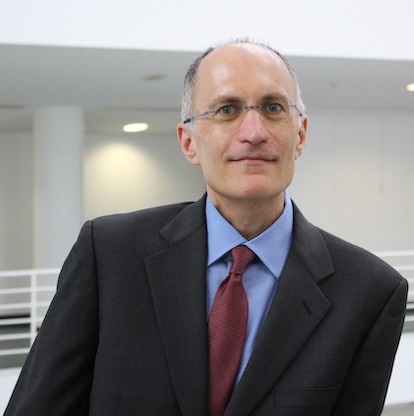When health care practitioners (HCPs) assert conscience objections to performing medical interventions about which they have moral reservations, the law grants them a broad range of protections, including immunity from tort claims and, in some states, even crimes such as patient endangerment or abandonment. Yet, when HCPs appeal to their conscience as a basis for providing treatments that have been restricted by state laws or institutional policies, they can be fired, fined, suspended, or even imprisoned. Dov Fox’s persuasive new article, Medical Disobedience (forthcoming in the Harvard Law Review) forcefully challenges this legal asymmetry. In its place, he argues that the law should offer limited protections for both conscience-based denials and provisions of treatment, with safeguards designed to minimize any harms to third parties these objections may impose.
Fox begins by explaining why HCPs’ conscience-based decisions should be entitled to legal protection in some situations. First, respecting HCPs’ conscience protects their agency and preserves their integrity. Second, giving HCPs room to assert conscientious objections reflects an “openness to debate and dissent that sustains a heterogeneous society and dynamic profession.” Noting that “[d]emocracy and medicine are marked by evolving norms and differences of opinion on hard moral questions,” Fox argues that “carve-outs for conscience can preserve objections as a repository for potentially worthy reforms in the future.” In addition, exemptions for conscience can help “achieve a pluralism that reflects a variety of values and backgrounds.”
Criticizing the lines drawn by existing legal doctrine, Fox argues that the “distinction between conscientiously denying care and delivering it” is fundamentally flawed. While he recognizes that “the act/omission distinction runs deep in our legal culture,” he argues that this distinction “has less purchase in medical contexts” because HCPs have an affirmative duty to promote their patients’ well-being. In light of this duty, HCPs have a “responsibility not merely to avoid doing [patients] undue harm, but also to keep such harm from being visited on them through their reckless or negligent indifference to standards of care.” He also challenges the assumption that accommodating requests to provide services is costly, while accommodating refusals is not. In many cases, HCPs will already have all the resources they need to provide the services in question. In contrast, when HCPs refuse to provide care, hospitals or states may be forced to pay more to recruit replacement staff or provide other alternatives.
Fox recognizes that, unlike the accommodation of conscientious refusals, allowing HCPs to provide otherwise prohibited care “undermine[s] the state’s judgment that people shouldn’t have access to [the disputed care] by designating incentives not to comply with the ban.” However, he maintains that denying any room for the conscientious provision of treatment comes at too great a cost, as it “strikes at [HCPs’s] fundamental charge to heal, to promote health, and to relieve suffering” and threatens to “erode the moral enterprise of medicine, and crowd out dissent crucial to sustaining a pluralistic profession.”
In place of the existing asymmetrical conscientious objection regime, Fox proposes legal reforms that would offer limited protections to both conscientious deniers and providers under specified circumstances. Under Fox’s proposed approach, HCPs would be permitted to refuse to provide treatments to which they have moral objections, but they would be required “to disclose their objections clearly upfront to employers as well as patients and pay a modest fee to offset the harms to both.” For HCPs who wish to provide otherwise prohibited treatment, Fox proposes that courts and/or legislators recognize a limited defense of “medical disobedience,” which would reduce—but not eliminate—the direct and collateral penalties associated with providing the disputed treatment. To qualify for this defense, HCPs would need to establish that they obtained competent consent for the treatment, that the treatment was clinically reasonable, and that they took steps to minimize the impact of the care on the availability of resources for others. As an example of this last point, Fox suggests that an HCP who provides treatment that is more expensive than its alternative might accept lower insurance reimbursement or pay a small fee. Conscientious refusals that would normally constitute malpractice or abandonment could qualify for similar treatment as long as they do not violate “non-negotiable duties,” including the duty not to engage in invidious discrimination, to obtain informed consent, and to stabilize patients in emergencies.
Fox has persuaded me that the law’s sharp distinction between conscience deniers and providers is ethically misguided. I also appreciated Fox’s nuanced approach to his proposed defense of medical disobedience, which recognizes that not all appeals to conscience deserve equal respect. For example, the criteria he proposes for applying the defense would probably protect a physician who defies a state prohibition on abortion to protect a patient who faces a risk of developing life-threatening complications but whose life is not immediately in danger. It would not, however, protect a physician who seeks to change a minor’s sexual orientation or gender identity in violation of accepted medical standards.
As states and health care institutions increasingly seek to limit physicians’ ability to practice in a manner consistent with medical standards, Fox’s article provides a roadmap for how judges and lawyers might begin to resist.








